A unique approach to the remote control of embryos in lab setups could transform what is possible with fertility treatments and IVF.
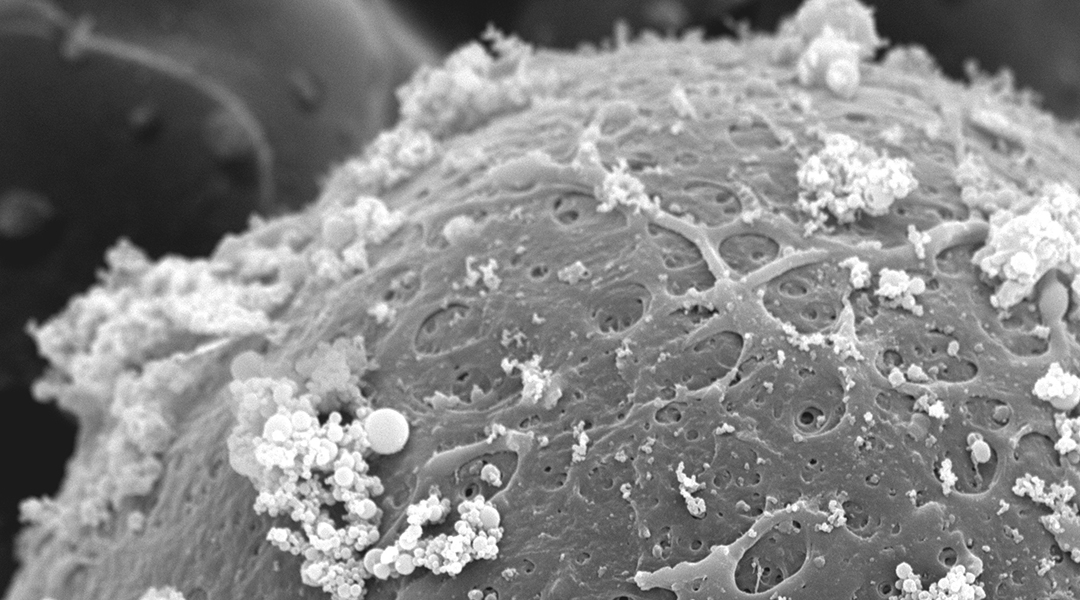

A unique approach to the remote control of embryos in lab setups could transform what is possible with fertility treatments and IVF.
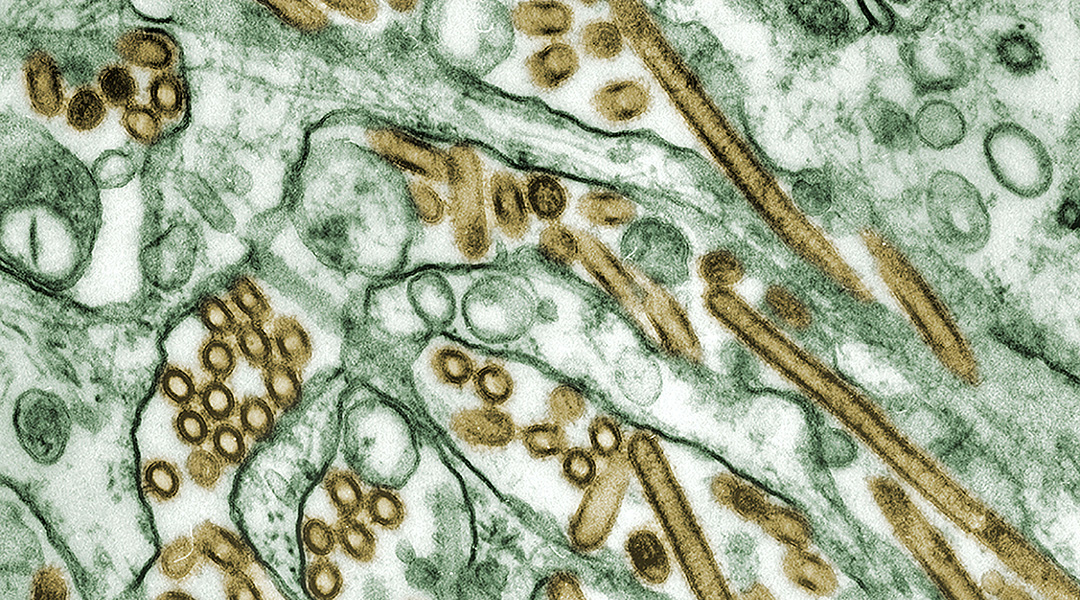
Ancient viral DNA, once thought junk, now regulates embryo development in mice, revealing complex host-virus interactions.
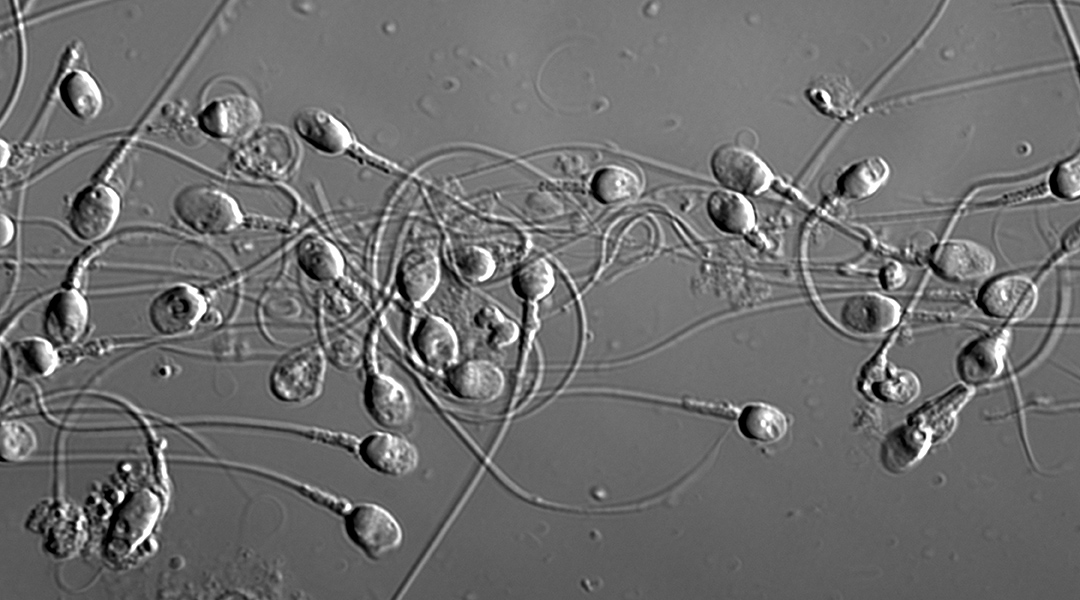
To help improve the success rates of fertility treatments, scientists are turning to AI to help standardize the sperm selection process.
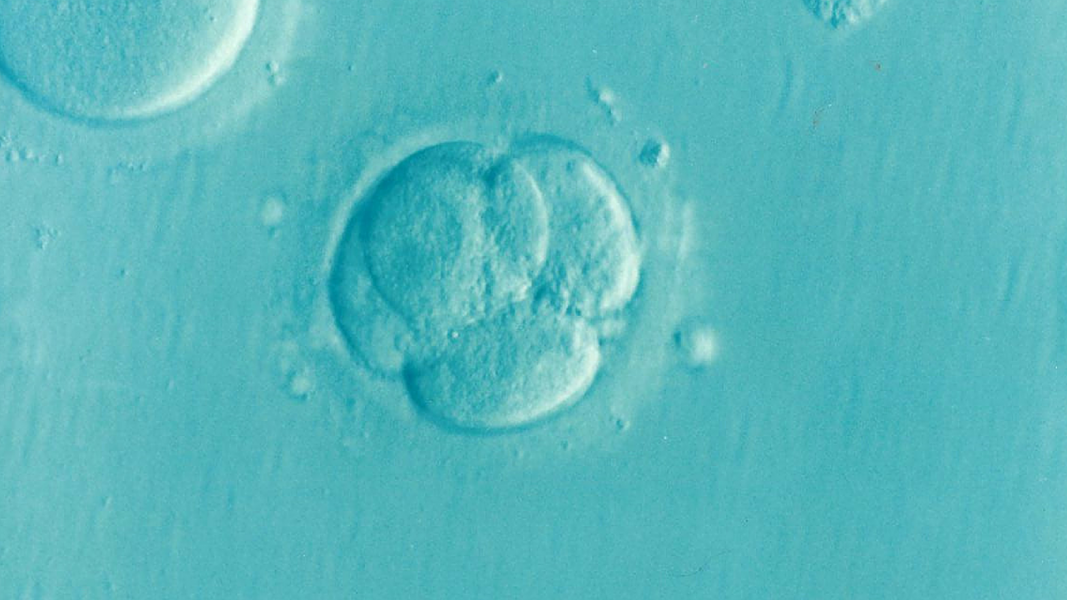
Intercellular communication may provide a mechanism to exploit and buffer cell-to-cell variability.
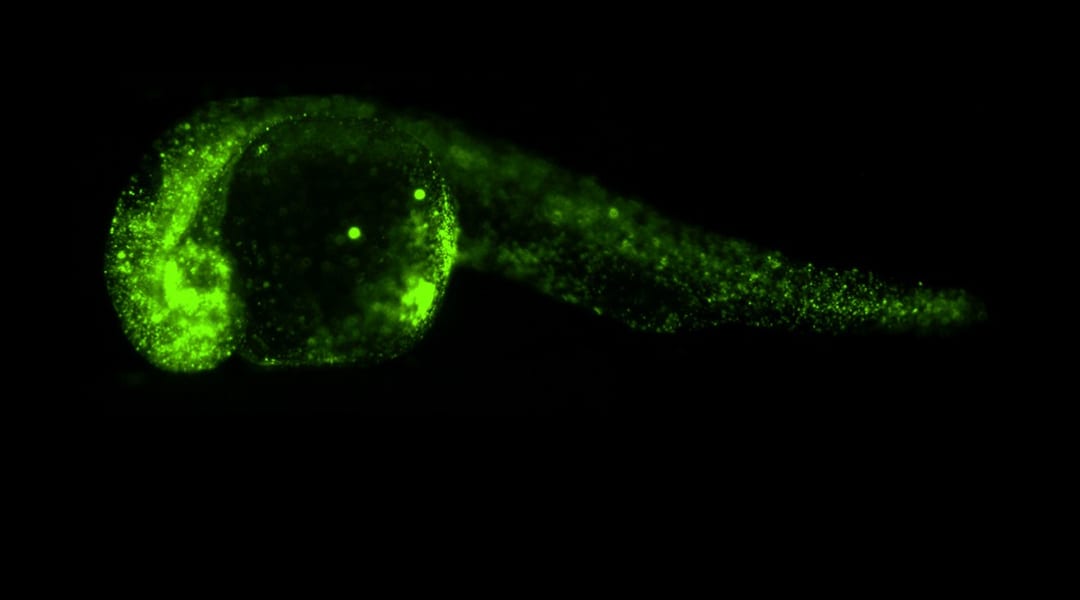
A complementary technique, based on the Holographic Optical Tweezers (HOT) technique, which enables several locations within the same sample to be probed simultaneously, is developed.
In an advanced review published in WIREs Developmental Biology, Jonathan Chubb illuminates the perspective of single cell decision-making during development.
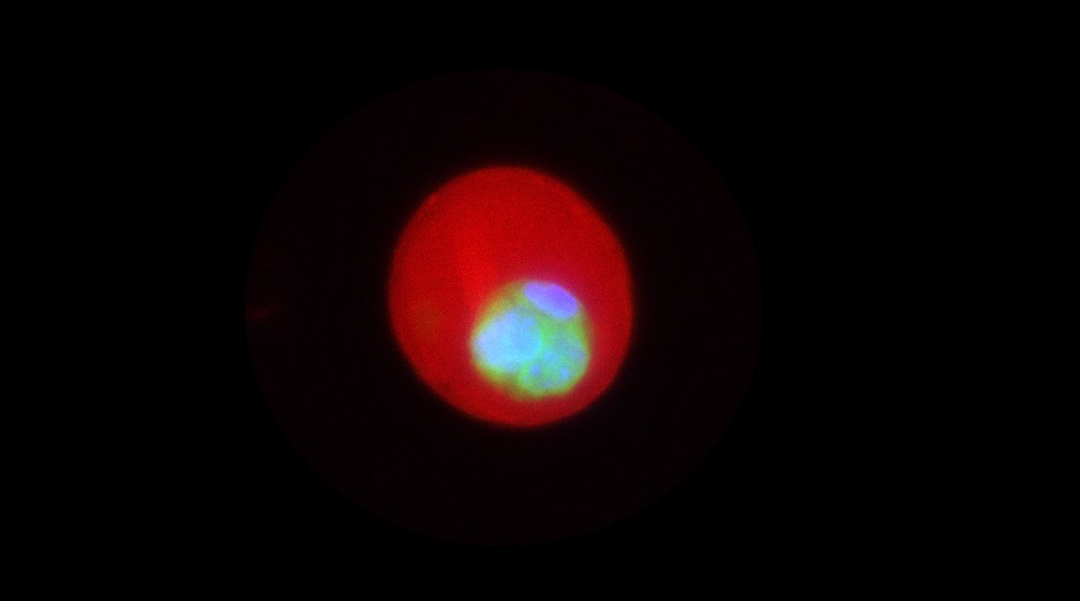
A new 3D cell culture allows researchers to study how mechanical pressure influences stem cells for regenerative medicine and cell therapy.

Nanoparticles disrupted the placenta’s secretion of biomolecules essential for blood vessel growth, hormone production, and immune function.

1 in 10 women suffer from polycystic ovarian syndrome, yet its fundamental workings remain largely unknown.

An electronic sock detects an “unhealthy” walking style linked with diabetes and poor circulation to prevent foot ulcers and amputation.